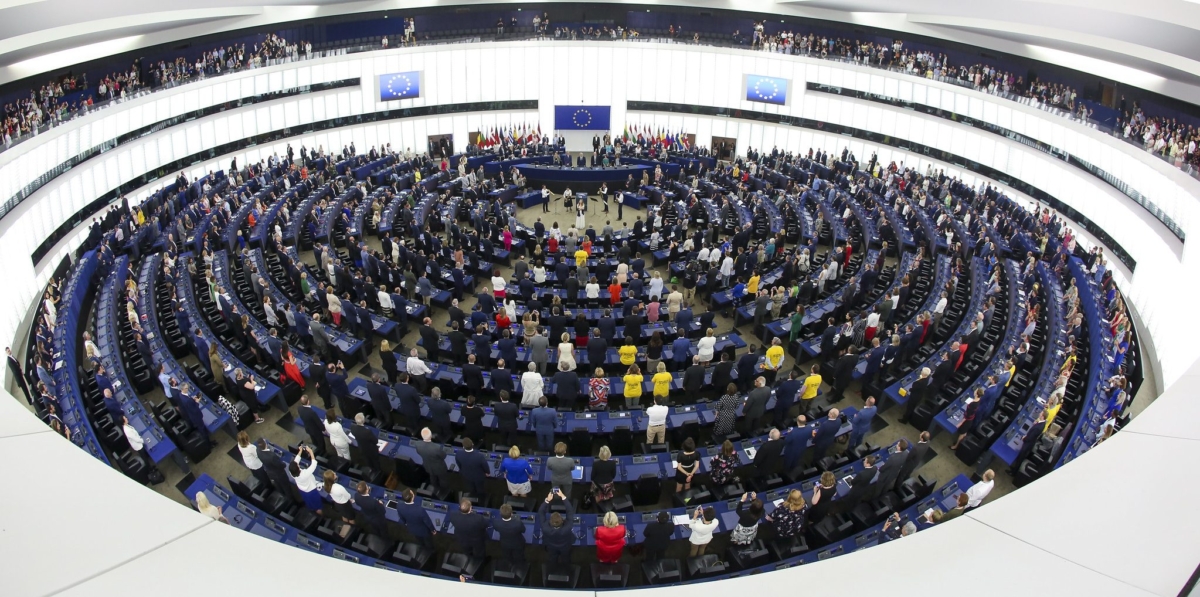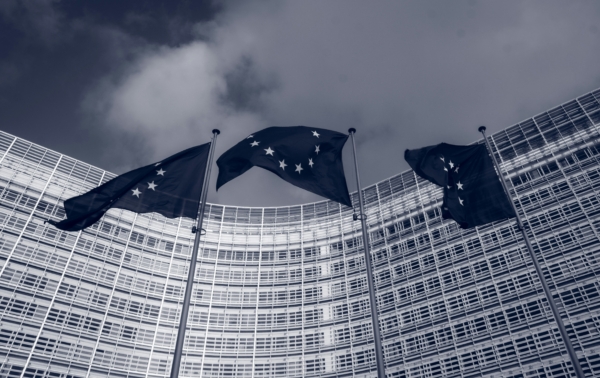16th September 2021, Brussels
Transparency International EU is today expressing its concern that a proposal for an independent EU ethics body approved this afternoon by the European Parliament lacks the provisions necessary for impactful ethical reform.
The proposal comes after years of campaigning from Transparency International EU and other pro-transparency groups and although it is a step in the right direction, measures specific to the European Parliament are simply not robust enough.
“We’re happy to see this initiative pass a plenary vote,” said Vitor Teixeira, EU Integrity Coordinator at Transparency International EU “but we lament the lack of political will of MEPs to really make this proposed ethics body impactful.”
The text approved by the European Parliament stipulates that the ethics body should have the right to launch its own investigations into potential ethics breaches by elected and unelected EU officials, which is an improvement on the current procedure in place. It also mandates that the ethics body should be able to conduct spot checks and have access to Parliament documents. However, the adopted text sets out an inadequate sanctioning procedure.
“Decisions on sanctions against MEPs who have broken the rules will still be taken by one person; the President of the Parliament.” Teixeira continued “This leaves the outcome open to political influence and bias. Decisions on sanctions should be voted on by the Parliament, on the recommendation of the independent body.”
During the current and last legislature of the European Parliament (2014-present) there have been no sanctions imposed on MEPs even though breaches of the Code of Conduct have been confirmed over two dozen times.
Transparency International EU is now calling on the European Commission to improve the text set out by the European Parliament, particularly on the sanctioning mechanism. More widely, we urge all three institutions to show real will to enhance the ethics regime of the EU and support the creation of an ethics body that can truly hold policy makers to account.







